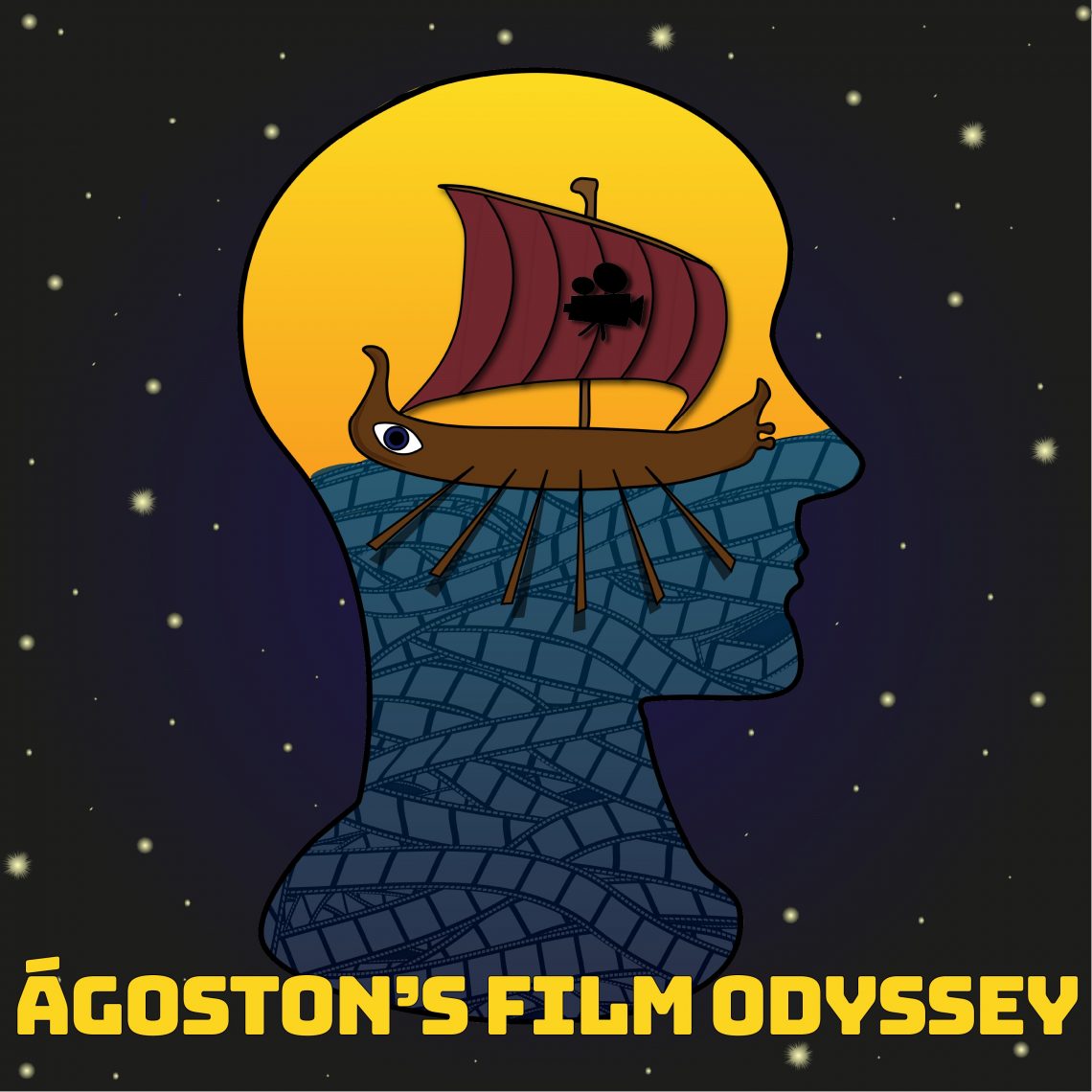Cinematic madman Werner Herzog’s The Wild Blue Yonder (2005) is a film full of potential and intrigue that ultimately turns into a disappointing bore. If you lack heart, it is hard to make even the most interesting ideas fly.
An alien (Brad Dourif) coming from said planet tells us the story of its dying, his kind’s escape to Earth, and the story of human kind’s venturing into the cosmos to find another planet to be colonized after Earth has been infected by an alien virus, and accidentally finding the extra-terrestrial’s old home.
The particulars of how this story is told is the most interesting aspect of the end product. We see a mixture of documentary footage from a spaceship in zero gravity (16 mm), footage of deep blue sea-diving in Antarctica standing in for the Wild Blue Yonder (SD), interviews with real scientists talking about physics and fictional scenes of Dourif in character as an alien rambling to the camera and the audience (digital HD), in the end the eclectic footage edited together into one (digital 35 mm) film.

Herzog, German rogue filmmaker of features and documentaries obsessively investigating man’s relation and battle with nature – although has evolved to a more complex point of view over the decades from the Rousseauian idea of nature’s purity corrupted by man’s civilization – still largely seems to hold the view that planet Earth would be better off without humanity. I can’t say I blame him.
The film’s content and form are both fascinating technically, but the dramaturgical execution is yawn-inducing. Herzog’s direction – who in most of his works almost completely eschews any emotionality, often alternating between expressions and depictions of raw chaotic instinct and cold, philosophical tangents of the intellect – lacks its usual gusto and depth. He has a deep knowledge of the lyrical, but doesn’t seem explicitly interested in moving the audience. A virtue no doubt, as it is less manipulative, however in some cases this might test our patience. The monotonously profound crooning and droning of Ernst Reijseger’s score even becomes annoying after a while.
There is barely enough here for a feature and it already feels stretched at 79 minutes. There is so much indulgence, that the concept would have been more effective as a 30 minute short. There are powerful depictions of tedium throughout cinema history, some delivered by the Bavarian himself (e. g. the seemingly endless voyage of Aguirre, der Zorn Gottes has always filled me with deep existential dread and despair), but this one is not it.

Dourif, well-cast in the long line of Herzogian madmen (Klaus Kinski and many others) is relegated to observer and narrator status which, while a fascinating idea, kills all momentum. It would have been much more interesting if his actions were driving the narrative – if you can even call the scattered semblances of a plot as that. Of course, art films, whether of the modernist or post-modernist period have excellent films without much plot or story or even characters necessarily, however they have a driving force of directorial vision and a sobering worldview that – while attempted – is lacking here.
All yonder seems to possess are ideas that ultimately remain un-nurtured and unable to come alive. Herzog likes to mix sublime poetry with a decidedly scattershot amateurishness in most films, creating an effect of poetic realism, but here it simply leads to a mundaneness, as the documentary space footage without any audible dialogue from the real life astronauts remains impenetrable and the people un-relatable. Who are they? What are their hopes, thoughts and dreams? How much longer do I have to stare at them? Yes, the blue ocean and its particles are beautiful and do feel alien, but so what? What am I supposed to be seeing apart from the thing itself? What is Werner trying to say? Do I even care?
The film has received slightly more favourable than negative reviews and it was given the minor Parallel Sections prize at the Venice Film Festival in 2005, which likely had more to do with Herzog’s prestige and cult of personality than any real virtue of the film itself.
Beware.
Rating: 41%


